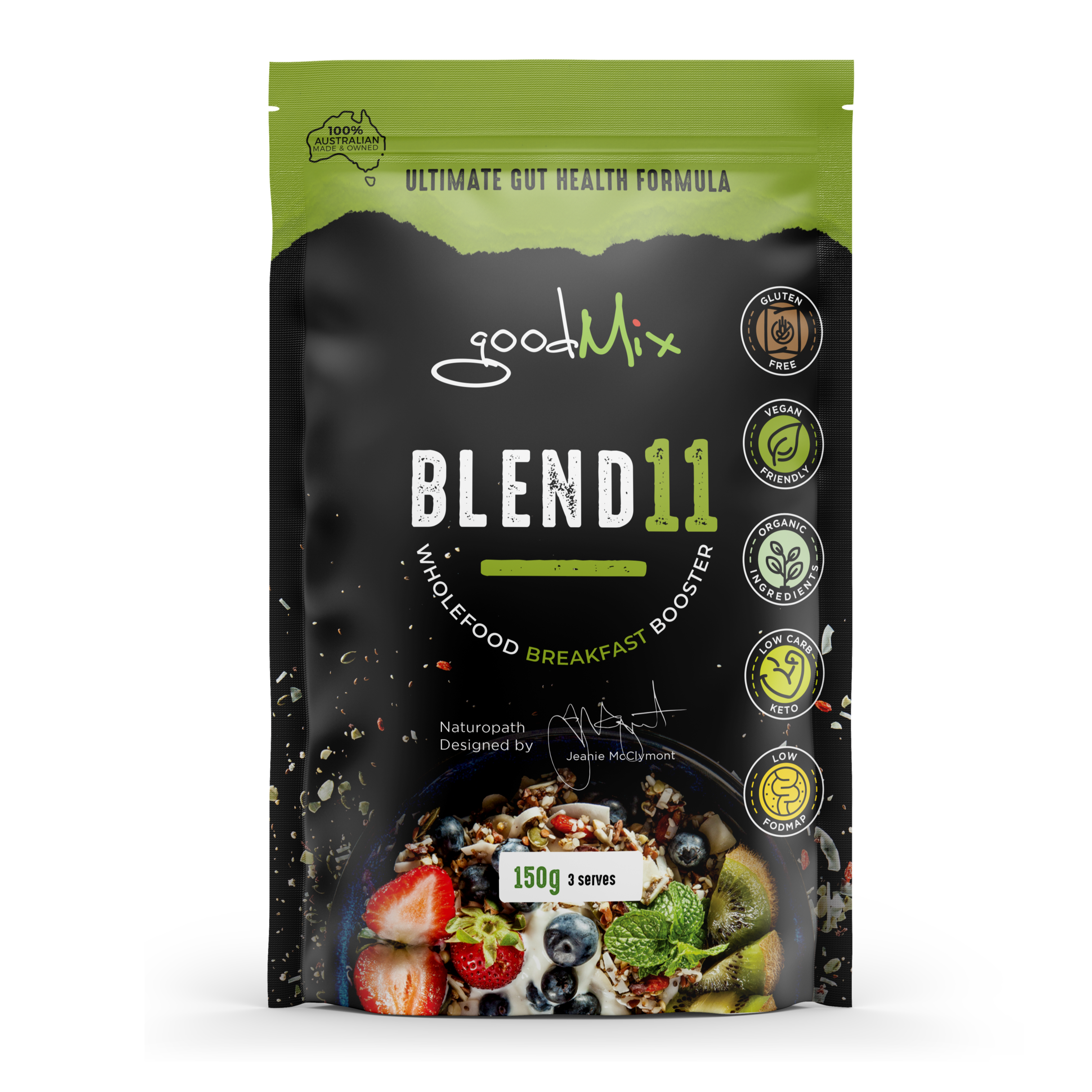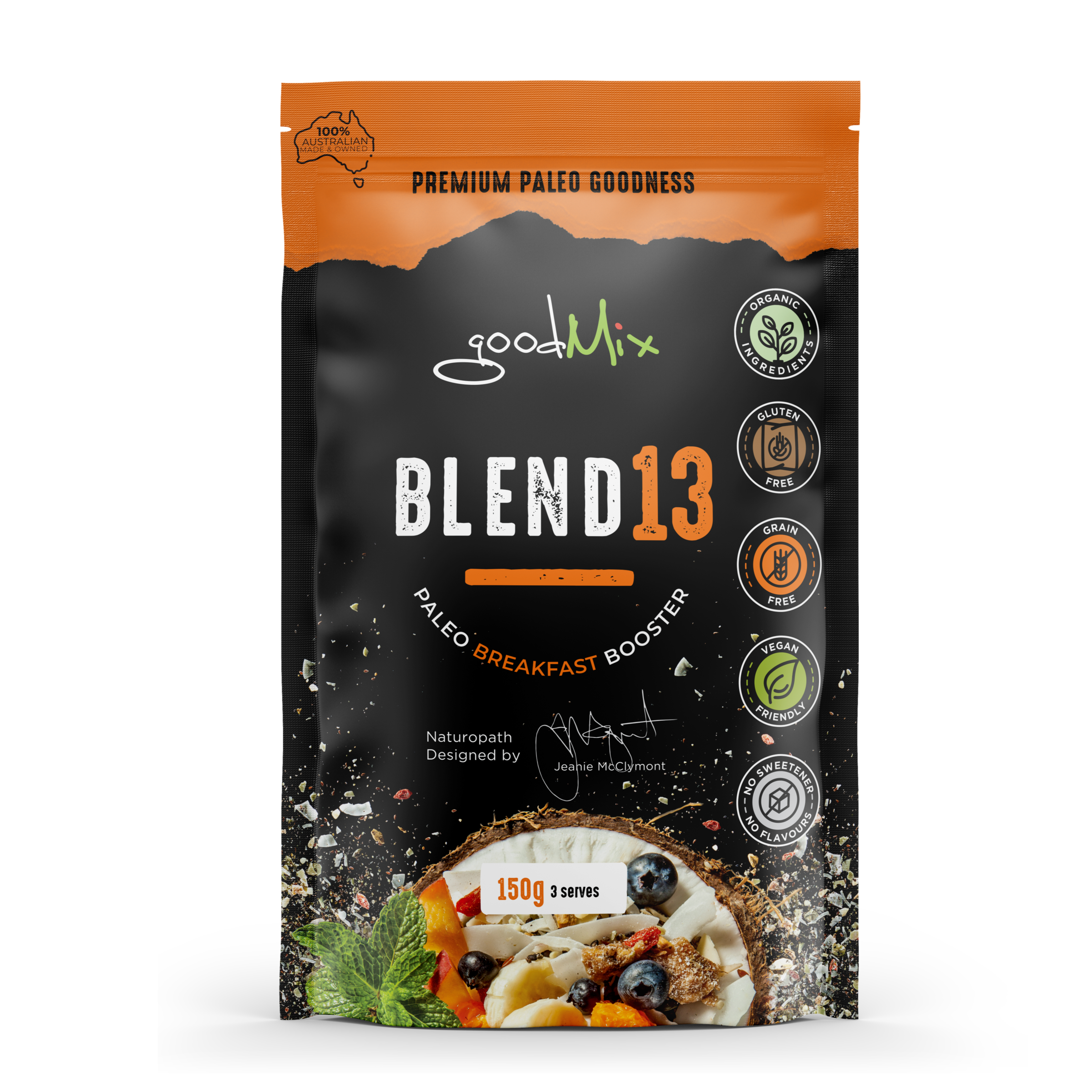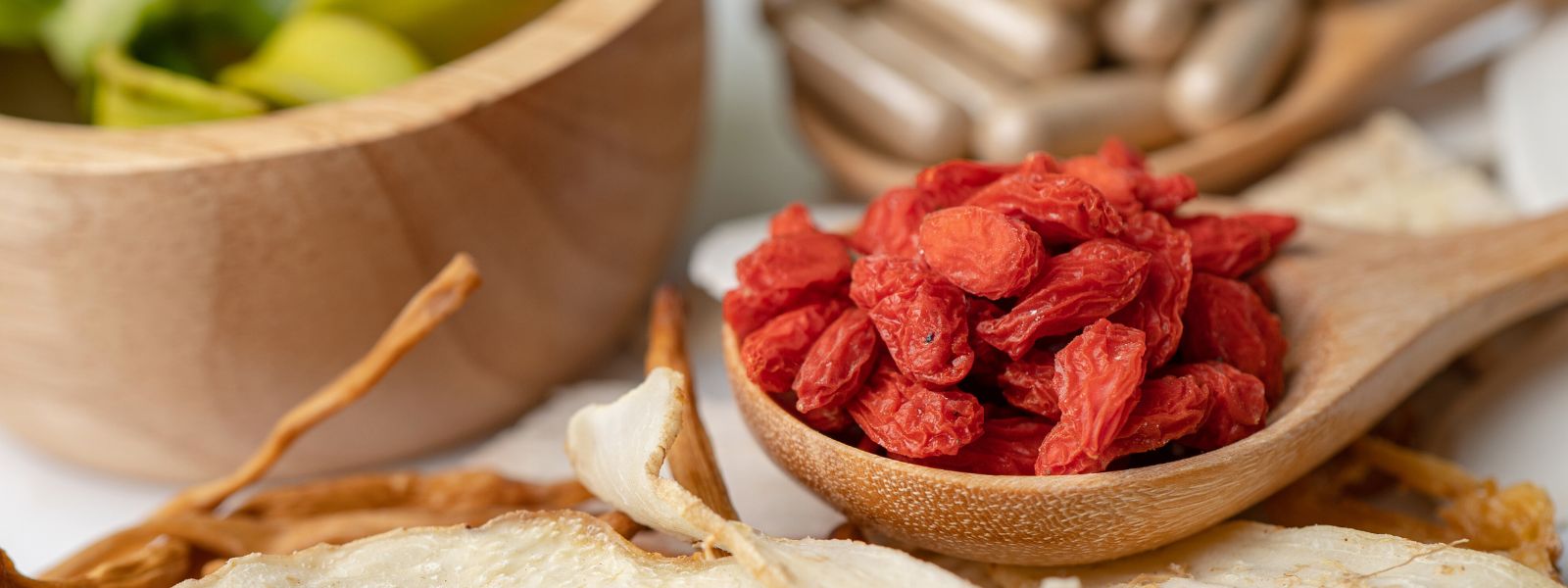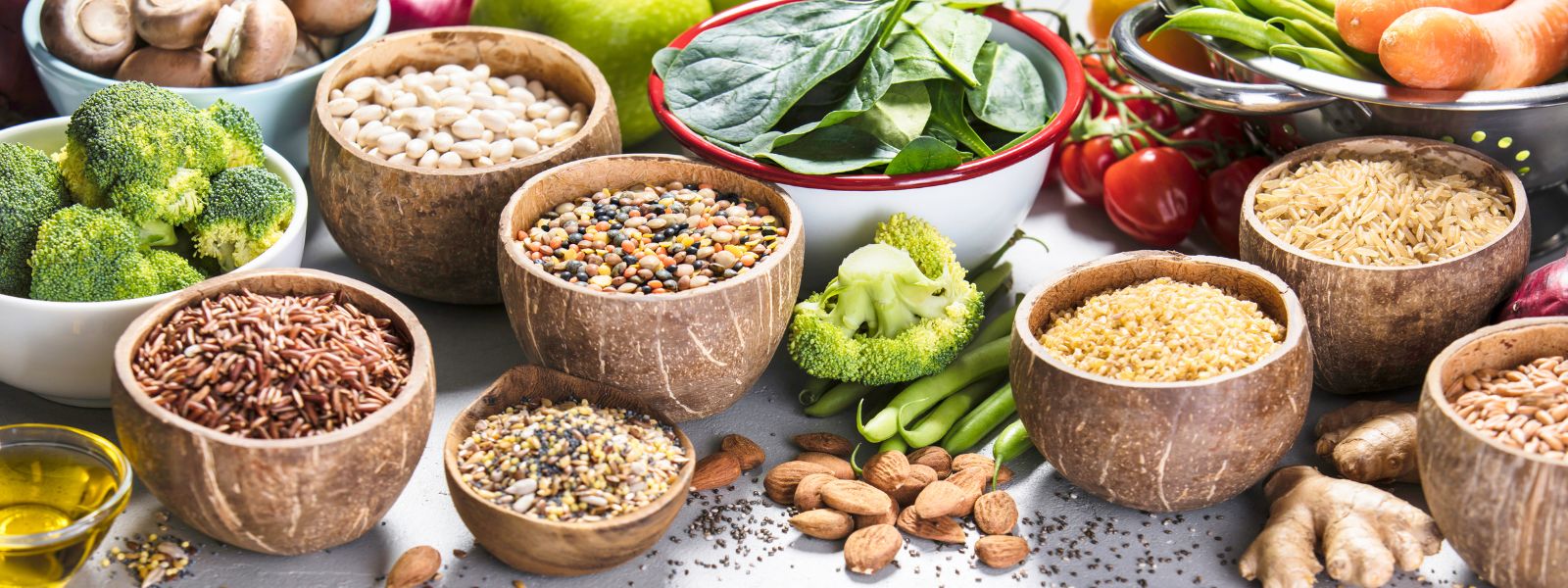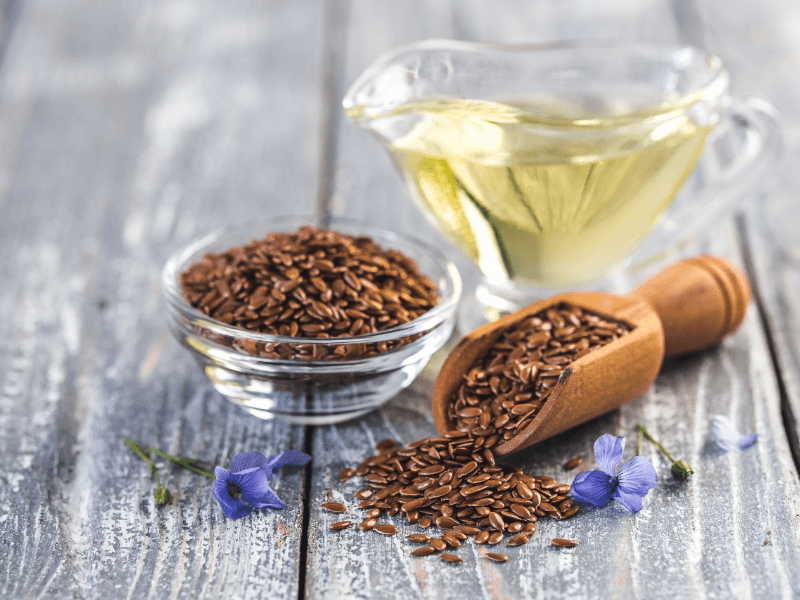
Flaxseed & Hormones:
Does Flaxseed Decrease Testosterone?
An email arrived last week from a bloke looking to avoid the flaxseed in Blend11 & Blend13 due to their hormonal activity (he was justifiably concerned after seeing information on flax lowering male testosterone levels), so I thought what a great topic for everyone to understand - myself included (definitely needed a refresher!) It’s pretty fascinating - flaxseeds can have some very powerful hormonal effects, approx 100x stronger in their hormonal actions than most other foods! These effects will differ depending on the daily dose, & of course the body they are acting in (ie male / female / life stage / hormonal activity etc). It is also worth noting here that your hormonal response to flaxseed will be dependant on your gut microbiome too - as certain microbes are needed to convert the lignans in flax into hormonally active substances.
Blokes - if you don’t want to read the whole article, but are concerned re: your testosterone & eating flaxseed - don’t stress unless you are consuming more than 25g daily (in a serve of Blend11 you will get about 6g). So guys it’s totally fine :)
How Flaxseeds Effect Hormones
Flaxseeds are the richest known food source of ‘plant lignans’, substances that are converted into the ‘mammalian lignans’ enterodiol & enterolactone by microbes in our bowel. It’s these that are the hormonally active substances.
Lignans are known to have many actions including: anticancer, antioxidant, antihypertensive, antiviral, oestrogenic, anti-oestrogenic, & insecticidal. Lignan research reveals great potential to decrease risk / assist with hormone-dependent cancers, PCOS, cardiovascular disease, osteoporosis, high cholesterol & diabetes. So they definitely influence hormones, but the effects will vary a lot.
Find out more about hormone balancing foods in our latest blog.
How Can Linseeds be both Oestrogenic & Antioestrogenic?
It depends on who’s body they’re in!
For menopausal females, they will supply a beneficial oestrogenic lift as the natural supply has dried up, leaving oestrogen receptors open to the subtle effects. Dose up on 25-40g of flax daily ladies to improve your bone health, skin elasticity, vaginal comfort & decrease cancer risks.
In a menstruating female (who has naturally high levels of circulating oestrogen), flax can act as a blocker - the lignans binding to receptors, therefore stopping the stronger oestrogens from binding. This is great for those with oestrogen dominance (very common), as the weaker plant oestrogen will help to balance this. Dose up ladies (25-40g daily) if you know you are oestrogen dominant.
Pregnancy / Trying to Conceive:
Wise to avoid large doses (30g or more daily) as hormonal activity has not been studied. Small to moderate doses = highly beneficial / no concerns.
Fighting Oestrogen-sensitive Cancers:
Daily dose of 25-40g = highly beneficial. Ideally, soaked & blended into a smoothie.
PCOS (Polycystic Ovarian Syndrome):
Daily dose of 30g per day shown to be highly beneficial. Ideally, soaked & blended into a smoothie.
Is Flaxseed Bad For Male Hormones?
When we think oestrogen we naturally think females - but guys also produce oestrogen (just much less than us girls). Male oestrogen levels will rise naturally with age, but can also be forced higher with prolonged stress, insulin resistance, obesity, certain medications, liver problems & some other issues. Flax in high doses (30g or more daily) may lower male testosterone levels, but in smaller doses they offer great benefits for the gut, cardiovascular health, inflammation, blood sugar metabolism etc - without any hormonal concerns.
Prostate Cancer: 30-40g daily = highly beneficial. Ideally, soaked & blended into a smoothie.
Aromatase & Our Hormones:
Discussing oestrogen & testosterone means we need to mention aromatase!
Normal hormone levels are maintained as part of our bodies’ constant tweaking to keep us in a state of ‘homeostasis’. One relevant mechanism at play here is ‘aromatisation’ (the enzyme aromatase converts testosterone into oestrogen - this occurs in both males & females, aimed at keeping the balance just right). But in most of us, it tends to get outta control given our western diet & lifestyles!
Aromatase production (& thus circulating oestrogen) is increased by:
-ageing
-stress
-obesity
-sedentary lifestyle
-poor nutrition
-alcohol consumption
Aromatase production (& thus circulating oestrogen) can be decreased by:
-fat loss / improved body composition
-exercise
-stress management
-good nutrition (especially ensuring adequate zinc)
-alcohol avoidance
-foods including olive oil, red grapes, celery, white button mushrooms, cruciferous veggies (broccoli, cabbage, brussel sprouts, cauliflower etc).
As always, feel free to reach out if you have a burning question about the health impacts of anything in our products.
Stay well, Jeanie xx

